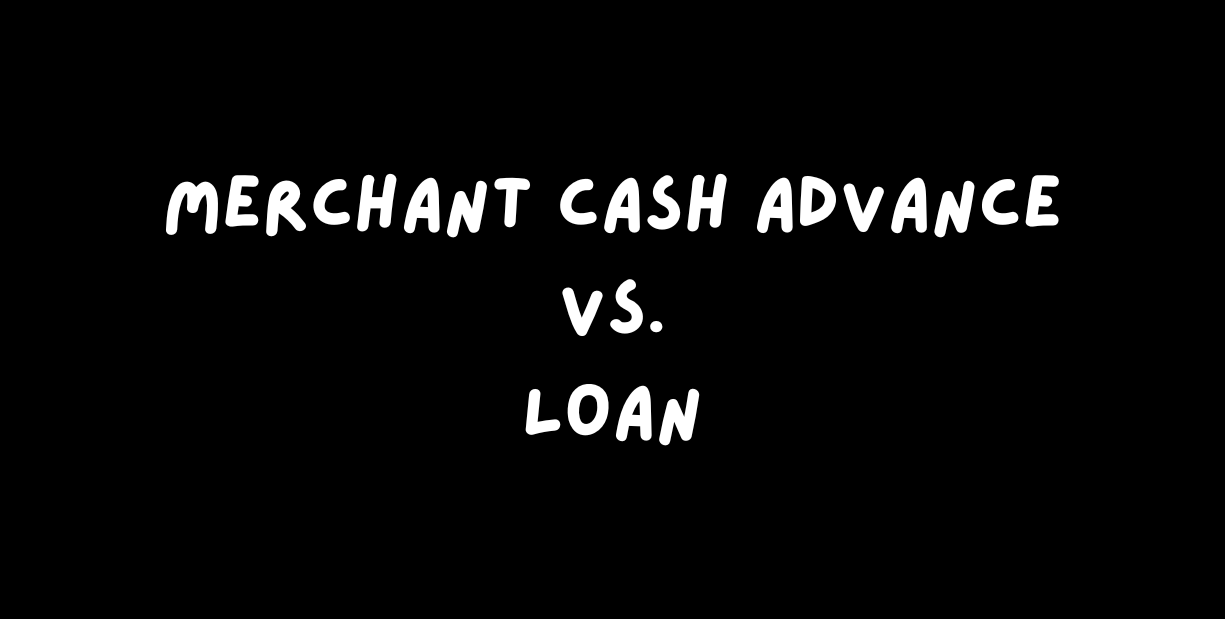Merchant Cash Advance Lawsuit: How to Protect Your Business and Legal Rights
Merchant Cash Advance Lawsuit

At J. Singer Law Group, we help businesses fight unfair MCA agreements , defend against lawsuits, and negotiate settlements to regain financial control. In this blog, we’ll cover everything you need to know about merchant cash advance lawsuits, including common legal defenses and how to fight back against predatory lenders.
What is a Merchant Cash Advance (MCA)?
A merchant cash advance is a form of financing where a business receives a lump sum of cash in exchange for a percentage of its future credit card sales or daily revenue. Unlike traditional loans, MCAs are structured as a purchase of future receivables, which allows lenders to bypass state usury laws that cap interest rates.
While MCAs can provide quick funding, many business owners soon realize that the repayment terms are aggressive, expensive, and nearly impossible to escape. This often leads to legal disputes and lawsuits when businesses struggle to keep up with payments.
Why Are Businesses Sued Over Merchant Cash Advances?
MCA providers frequently take legal action against business owners for various reasons, including:
1. Default on Payments
If a business falls behind on MCA payments, the lender can file a lawsuit to recover the unpaid balance, often demanding the entire remaining amount in one lump sum.2. Personal Guarantee Enforcement
Many MCA agreements require business owners to personally guarantee the debt. If the business fails to make payments, the lender can sue the owner personally, putting their personal assets at risk.3. Breach of Contract
MCAs often include strict terms regarding how a business operates. If the lender claims a breach of contract—such as switching banks, closing the business, or disputing payments—they may file a lawsuit.4. Use of Confessions of Judgment (COJ)
Some MCA lenders require a Confession of Judgment (COJ), which allows them to obtain a judgment against the borrower without a trial. If you signed a COJ, the lender can seize your assets immediately upon default.5. Allegations of Fraud or Misrepresentation
MCA lenders may accuse business owners of providing false financial information or hiding assets to avoid payments, leading to lawsuits based on fraud claims.How to Defend Against a Merchant Cash Advance Lawsuit
If you’ve been sued by an MCA lender, don’t panic. You have legal defenses that can help you fight back and potentially dismiss the case, settle the debt, or restructure payments.
1. Challenging the Legality of the MCA Agreement
Many MCA contracts violate state usury laws by charging outrageous interest rates disguised as “fees.” Courts have ruled that some MCAs are actually loans, making them subject to interest rate limits. If your agreement is found to be a disguised loan, you may have grounds for dismissal.2. Fighting a Confession of Judgment (COJ)
If the MCA lender used a Confession of Judgment, an experienced attorney may be able to challenge it based on fraud, improper service, or illegal lending practices. Several states, including New York, have banned COJs in commercial transactions due to widespread abuse.3. Asserting Unfair Lending Practices
MCA lenders often use misleading advertising, hidden fees, and deceptive terms to trap businesses in unfair agreements. Courts may rule against the lender if the contract contains unconscionable or predatory terms.4. Claiming Breach of Contract by the Lender
Some MCA providers fail to uphold their end of the contract by engaging in unauthorized withdrawals, overcharging fees, or misrepresenting terms. If the lender breached the contract first, you may have grounds to counter-sue or dismiss the lawsuit.5. Negotiating a Settlement or Debt Reduction
An attorney can negotiate with MCA lenders to reduce the outstanding balance, restructure payments, or settle the debt for a lower amount. Many lenders prefer settlement over costly litigation.What to Do If You’re Facing a Merchant Cash Advance Lawsuit
1. Don’t Ignore the Lawsuit
Failing to respond to a lawsuit can result in a default judgment, meaning the lender automatically wins the case. If you’ve been served with legal papers, contact an MCA attorney immediately.2. Gather All MCA-Related Documents
Collect your MCA agreement, bank statements, payment history, emails, and any communication with the lender. These documents are crucial in building a strong defense.3. Consult an MCA Litigation Attorney
Merchant cash advance lawsuits involve complex legal issues. Working with an experienced MCA defense attorney, like those at J. Singer Law Group, ensures you have the best possible defense.4. Explore Counterclaims Against the Lender
If the MCA provider engaged in deceptive lending practices, you may have grounds to file a counterclaim against them. Courts are increasingly siding with businesses that have been victims of predatory lending schemes.How J. Singer Law Group Can Help You Fight MCA Lawsuits
At J. Singer Law Group, we specialize in defending business owners against unfair merchant cash advance lawsuits. Our team will:
- Analyze Your MCA Agreement – Determine if the contract violates lending laws.
- Develop a Strong Defense Strategy – Challenge predatory terms and COJs.
- Negotiate Settlements – Reduce your debt burden through negotiations.
- Defend You in Court – Represent you against aggressive MCA lenders.
If you’re facing an MCA lawsuit, don’t wait. Contact J. Singer Law Group today for a free consultation and take the first step toward protecting your business.
Conclusion
Merchant cash advance lawsuits are becoming more common as business owners struggle with unfair lending practices and aggressive collection tactics. If you’re facing legal action from an MCA lender, you have options. By challenging predatory contracts, fighting confessions of judgment, and negotiating settlements, you can protect your rights and financial future.
At J. Singer Law Group, we are dedicated to helping businesses fight back against MCA lawsuits. Our experienced attorneys will assess your case, explore all possible defenses, and work toward the best possible outcome.
Need legal help with an MCA lawsuit? Contact J. Singer Law Group today!











